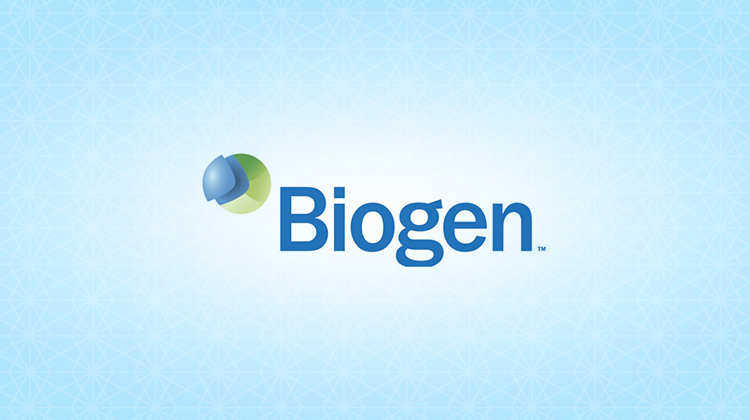Can Ocular Therapies Diversify Biogen Portfolio?

Biotechnology company Biogen (Cambridge, MA) recently committed $20 million into a collaboration with the University of Pennsylvania to co-develop gene therapies using next-generation adeno-associated virus (AAV) gene delivery vectors, which have shown promise in early studies for treating a variety of retinal disorders.
Biogen seems to be moving quickly into the ocular gene therapy arena. It inked a separate deal with RegenXBio, a company that holds worldwide patent licenses from the University of Pennsylvania for the gene therapy vectors that the university’s labs developed for the exclusive rights to use AAV serotype 8 (AAV8) or 9 (AAV9) technologies. The AAV8 and AAV9 technologies will be used in ophthalmic collaboration programs with Penn, Biogen said.
This Biogen deal may be worth up to $2 billion for Penn, with milestones that range from $77.5 million to $137.5 million per product developed and royalties. And Biogen is working with Jean Bennett and James Wilson – both well-known pioneers in gene therapies targeting ocular disorders.
At the time of the announcement, Biogen’s senior vice president, cell and gene therapy, Olivier Danos, PhD, said the company wanted to “explore the potential for extending gene therapy beyond disorders linked to single gene mutations and into a broader spectrum of complex diseases.” He also said the AAV8 and AAV9 therapies could be ready for clinical development in the next two years.
Senior VP/business development Richard Brudnick said Biogen’s goal in its collaborative deals is “to work with remarkable scientific teams – people who understand what it is to translate a scientific insight into innovative therapeutics for patients. The ‘who’ we collaborate with is as important as the ‘what’ we collaborate on.”
Biogen was already working with Applied Genetic Technologies Corporation on a recombinant AAV technology to treat X-linked retinoschisis. And Biogen is banking on Drs. Wilson and Bennett to develop “next-generation gene transfer technology,” methods and types of AAV technologies designed to be more efficient at delivering genes into patients’ cells, although Biogen is not funding the work.
In an interview with Xconomy’s Ben Fidler, Dr. Danos said the deals would help Biogen eventually target more complex ocular and neurological diseases, including age-related macular degeneration. He also called the deal with Penn a “stepping stone” in the company’s quest to develop partnerships with CRISPR (gene editing) companies.
Whether these collaborations and technologies will be a boon to Biogen’s bottom line remains to be seen. But for the time being, it’s clear Biogen sees great potential for ocular gene therapies.
To hear our OIS Podcast with Josh Mandel-Brehm, Director, Business Development and M&A at Biogen, go here.
